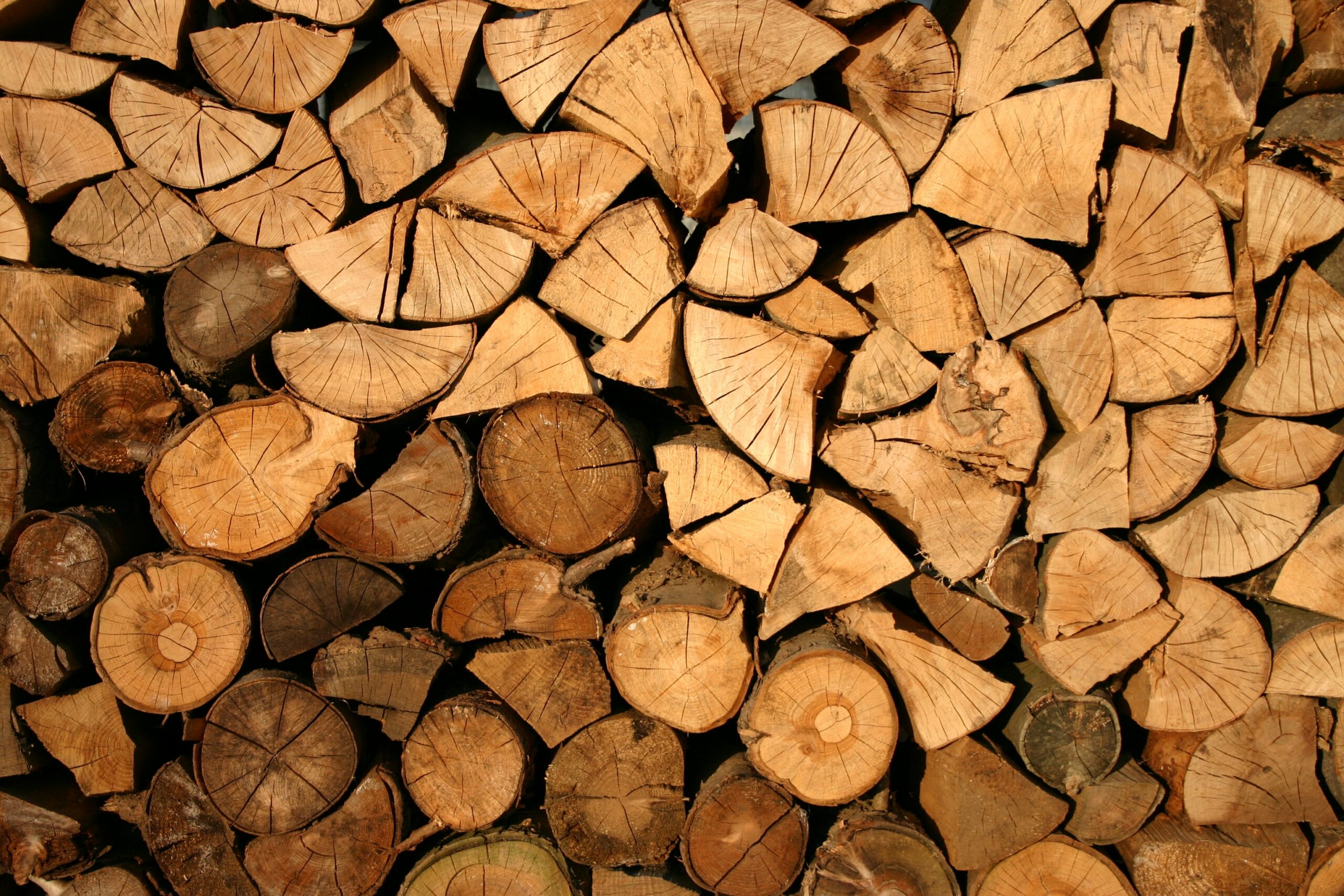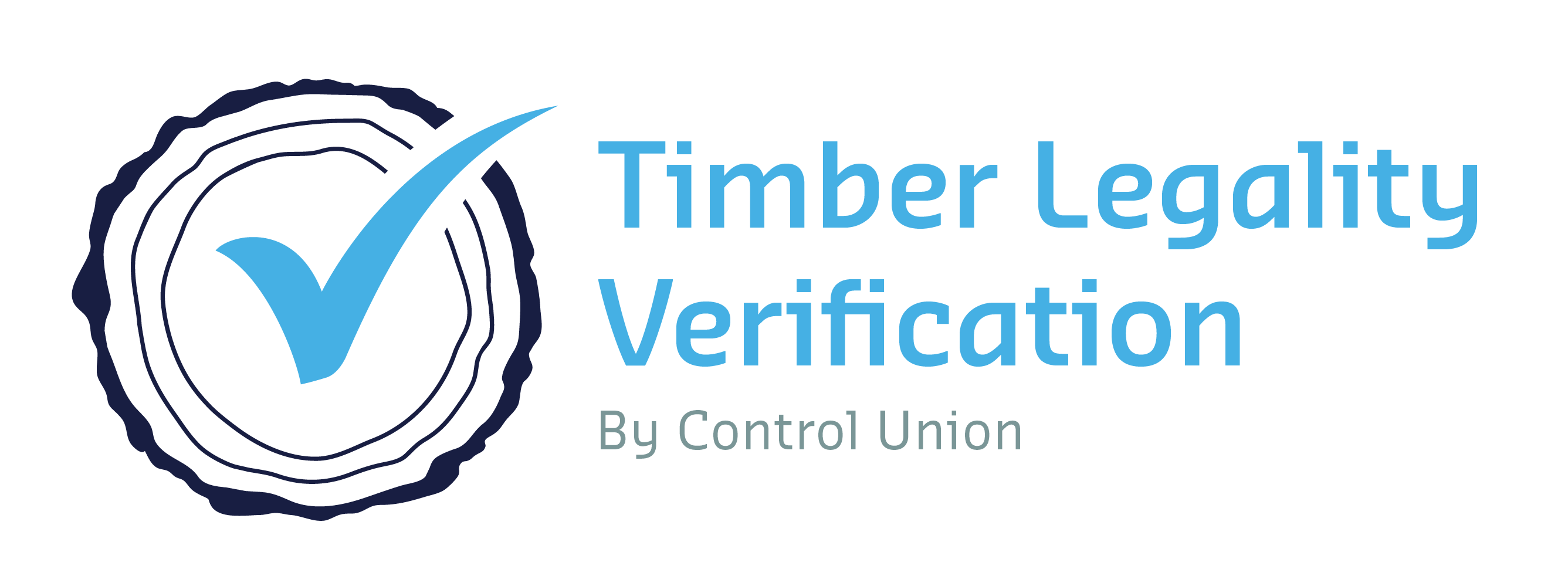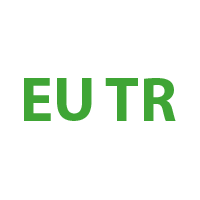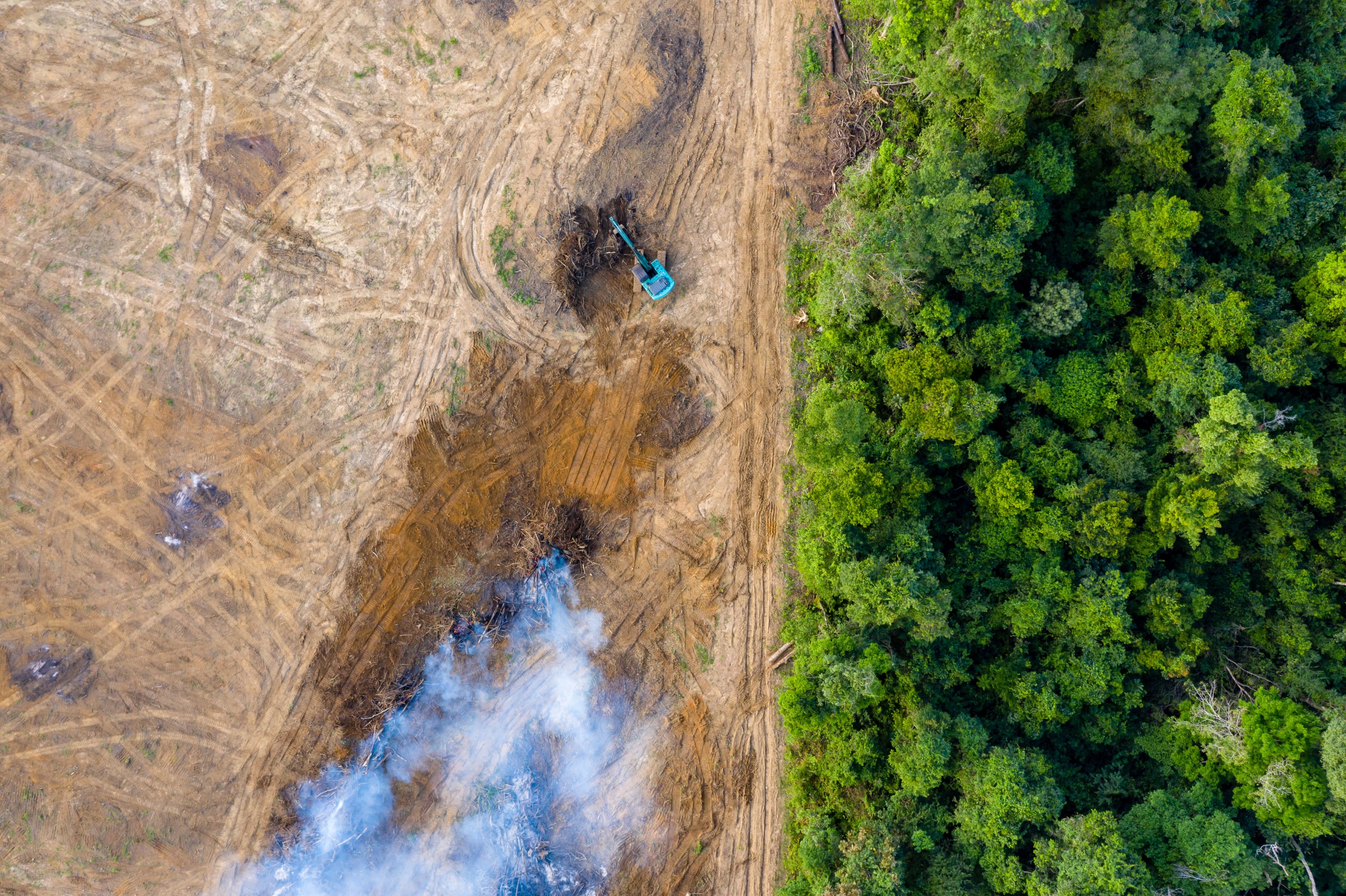
Preparing for EUDR Compliance
EU Deforestation Regulation (EUDR)
What is the EU Deforestation Regulation?
The new EU Deforestation Regulation (EUDR 2023/1115) aims to prevent deforestation and forest degradation, reduce carbon emissions on a global scale, and address the negative impacts of agricultural expansion. It requires most companies across the supply chain to be deforestation-free by 30 December 2024.
Introduced in June 2023, the EU Deforestation Regulation (EUDR 2023/1115) applies to businesses that place specific commodities and their derived products on the EU market or export from it.
To comply with EUDR, traders, processors, producers, exporters, and importers must only place or export products which have not been linked to deforestation and/or forest degradation after 31 December 2020. Commodities must also be produced in accordance with the producing country’s legislation and be covered by a Due Diligence Statement (DDS).
Apply now for our EUDR services
Download our EUDR application form
Commodities impacted by EUDR
Though action has already been taken in the timber industry via the EU Timber Regulation (EUTR) to require responsible and sustainable forest management, EUDR extends this obligation to several other industries most closely linked to past instances of deforestation and degradation.
The products and by-products covered are as follows; however, following consultations, this list may be extended to more ecosystems, commodities, and products over time:
• Cattle
• Cocoa
• Coffee
• Palm Oil
• Wood
• Rubber
• Soy
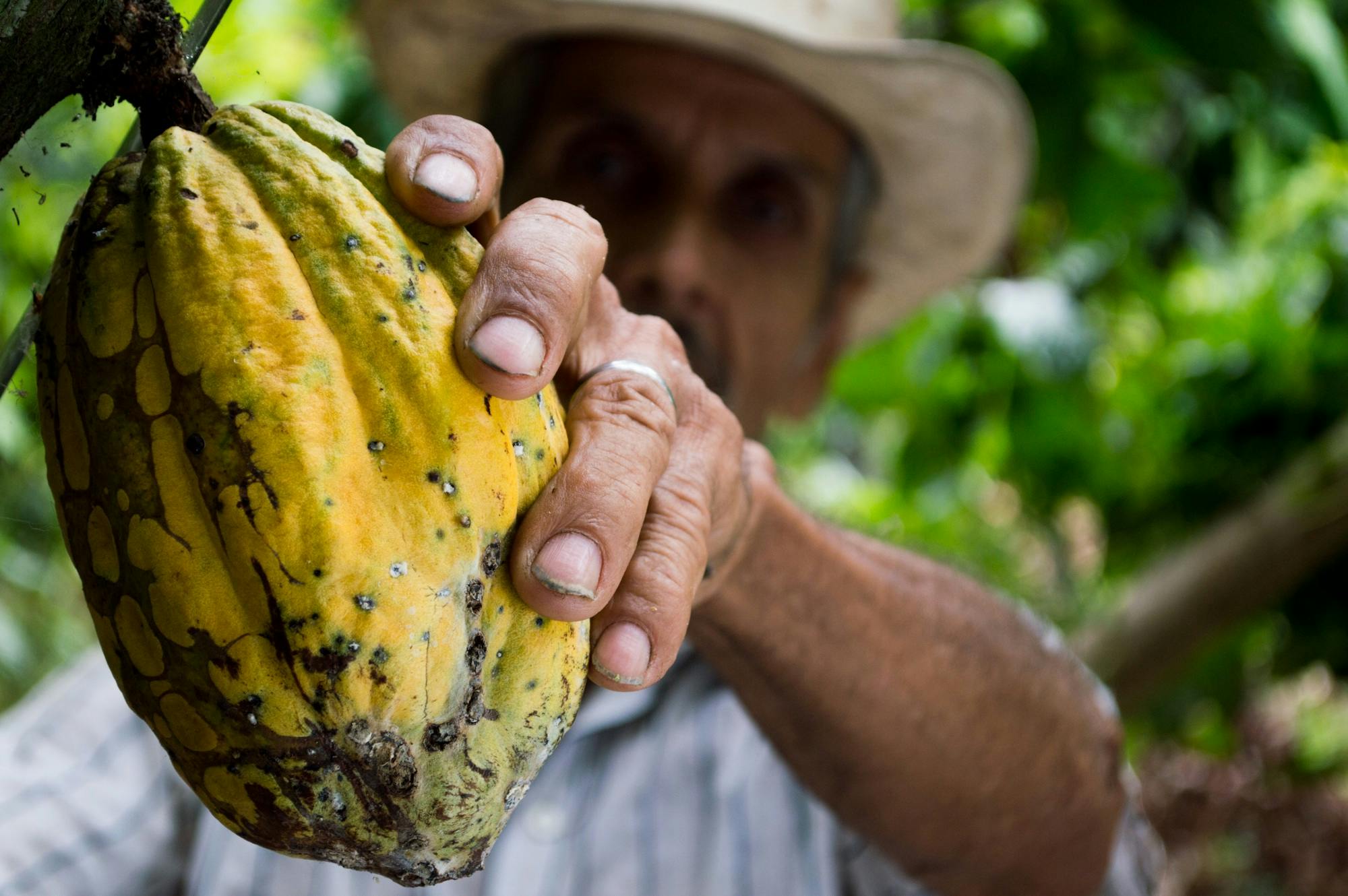
What is the timeline for compliance with EUDR?
Most companies have been given until 30 December 2025 to comply with the new EUDR regulations. This includes medium-sized and large companies, which the Commission Recommendation 2003/361 defines as:
- Having over 250 employees, and;
- Having a turnover or balance sheet total of more than €43 million
Small companies have slightly longer and must comply with the new regulations by 30 June 2026. At this point, possible extensions to the regulation’s scope will also be considered, and a review of EUDR as a whole is scheduled to take place in June 2028.

Certification’s Role in EUDR Compliance
Many commodity certifications already contain criteria for ensuring legal compliance and ethical business practices. In some cases, certifications even contain stricter rules than the EUDR on deforestation and cut-off points for converting land for industrial purposes.
Therefore, with an internationally-recognised or region-specific certification, your company will benefit from:
• The ability to showcase higher levels of compliance to customers and stakeholders
• A better understanding of EUDR and the DDS requirement
• Tangible evidence to reinforce your sustainability commitments

Prepare for EUDR Compliance
Equipped with decades of experience helping clients achieve certification and navigate regulatory changes, Control Union Certifications (CUC) can help you meet your current and future sustainability obligations. As an independent certification body, we inspect, audit, verify and award certifications across various commodities and industries. Service we provide include:
-
Expert support for all commodities including supply chain specific expertise and local knowledge
-
Independent verification or certification audits confirming EUDR compliance within the entire supply chain and giving easy access to vital information
-
Independent verification or certification audits providing detailed EUDR due diligence insights allowing importers, non-SME’s, processors and exporters to address issues at an early stage.
-
Training on all EUDR requirements for all companies in the supply chain
-
Document review and remote support

How can I help you?
Do you have any questions regarding EUDR, are you looking for a certain service or do you want to apply for a certification program? Let me know. My name is James and I’m glad to be of help!

